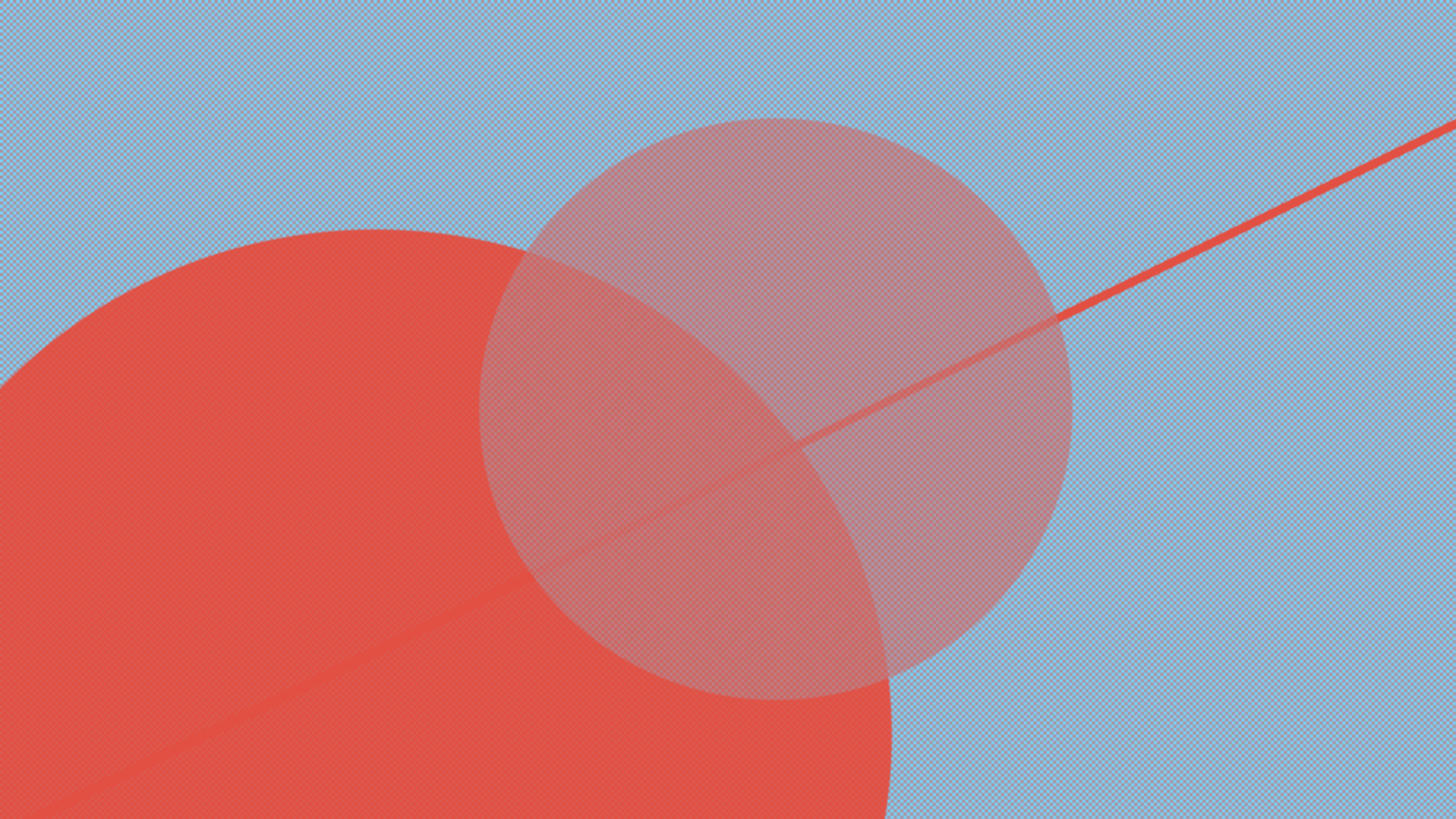Encouraging developments for universal access to health care
As outlined in the current World Health Report, Health System Financing; The path to universal coverage, three fundamental and interrelated problems restrict countries from moving closer to universal coverage of health care: 1) the availability of resources; 2) an overreliance on direct payments, such as over-the-counter payments for medicines and fees for consultations and procedures, at the time people need care; 3) and the inefficient and inequitable use of resources. The solution? Simple!: “Countries must raise sufficient funds, reduce the reliance on direct payments to finance services, and improve efficiency and equity.”
Unrealistic? Maybe. But impossible? Definitely not, as impressively shown last week by India and South Africa.
The Indian Government is considering a proposal to levy a surcharge to fund an ambitious—but hugely admirable—plan of providing free healthcare to every citizen in the country. According to the Indian Times, the country’s Planning Commission’s expert panel has called for an increase in public spending on health from about 1.4% of GDP to at least 2.5% by the end of 12th Five Year Plan (2012-17) and at least 3% by 2020 to achieve objective of healthcare for all. Their report states that all forms of user fees will be dropped under the new scheme stating that the user fees have widened inequalities in access to healthcare.
The panel proposes specific-purpose transfers from the Central Government to states and urges that transfer schemes should be designed in a way to reduce disparities in the level of public funding on heath across states and constitute additional public spending on health
Meanwhile, South Africa plans to introduce a National Health Insurance program (expected to be finalised in three months), which aims to provide universal coverage and more access to quality medical care for the country’s poor people. Health Minister, Aaron Motsoaledi said: “The goal is to try and finance healthcare for everybody,” and explained that the proposed system will not be able to mirror the advanced private healthcare sector but would give millions of poor people better care. He admitted that the rich, who almost exclusively rely on private healthcare, may be asked to pay more to finance the public system but clarified: “[National Health Insurance] is not intended to destroy the private health care sector. (It) is one meaningful way to reach across the wealth gap.”
The South African plan will be primarily paid for through tax revenue and mandatory NHI contributions, determined by an individual’s ability to pay but the estimated costs of the plan are 125 billion rand in 2012, 214 billion rand in 2020 and 255 billion rand in 2025.
These new developments are encouraging: India and South Africa now join the list of other committed countries, such as Brazil, Chile, China, Mexico, Rwanda and Thailand, that are taking steps to move closer to universal coverage though public financing mechanisms. Next year’s proposed UN General Assembly debate on health system financing and universal health coverage is going to be interesting—and exciting.

[…] the Plos website, Rhona McDonald already commented on these encouraging UHC developments. A ‘Save the Children’ blogger did the […]
[…] the Plos website, Rhona McDonald already commented on these encouraging UHC developments. A ‘Save the Children’ blogger did the […]